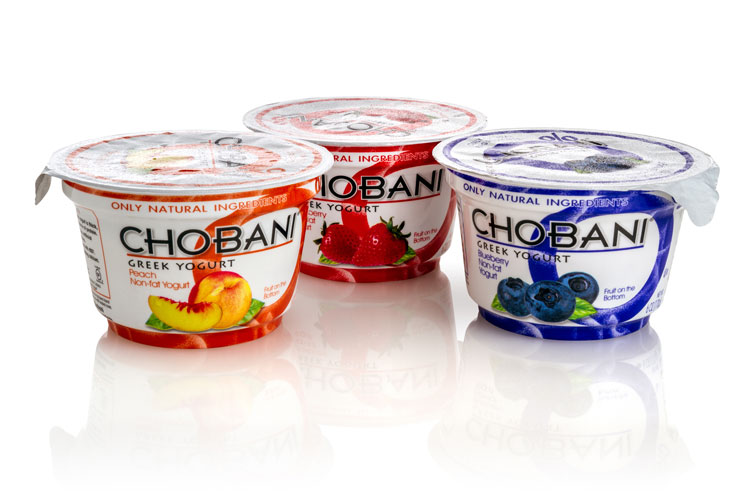
Greek yogurt production is flourishing. As a result, so is the generation of the by-product whey.
Greek yogurt is a strained yogurt, and that straining creates its creamy, thick texture. The straining process keeps whey’s sought-after protein in the yogurt but removes most other portions of the liquid whey. Regular whey carries value, but this remaining whey is made of mostly water, plus much smaller amounts of lactose, calcium, phosphorus, magnesium, and potassium.
Some of the elements in whey make it unsafe to simply dump into the water system. With growing demand for Greek yogurt, production in New York nearly tripled between 2007 and 2012, from 106,000 to 315,000 tons a year. Unfortunately, in 2012, the nation’s top Greek yogurt-producing state also made 630,000 tons of this waste whey.
New uses for this liquid whey from Greek yogurt streams may be in sight, though. Lars Angenent, a microbiologist at Cornell University and the University of Tubingen in Germany, led a team investigating uses for the by-product. Their work was published in the journal Joule.
One option may be turning whey into antimicrobials. When combined with a group of sugar-loving anaerobic bacteria, the lactose, fructose, and lactic acid in whey produce two compounds: caproic acid and capylic acid. These compounds, known as green antimicrobials, could be fed to animals as a replacement for antibiotics. At a time when antibiotic use is being scrutinized, this could be a welcome option.
After a few more chemical reactions, the two compounds could also be turned into bio-oil that could be used in jet biofuel. Biofuels are a plus for the environment as they are more sustainable and renewable.
To make biofuel from whey, the bio-oil would need to be further refined. Technology for this process already exists, but more work needs to be done to make it viable commercially, according to Angenent. Still, the potential use of whey as antimicrobials or biofuels are exciting prospects, both economically and socially.








